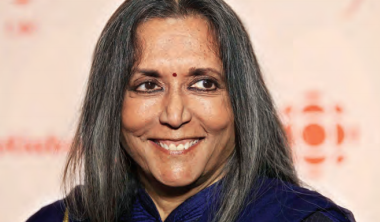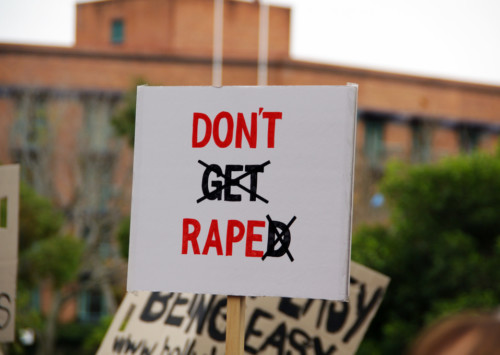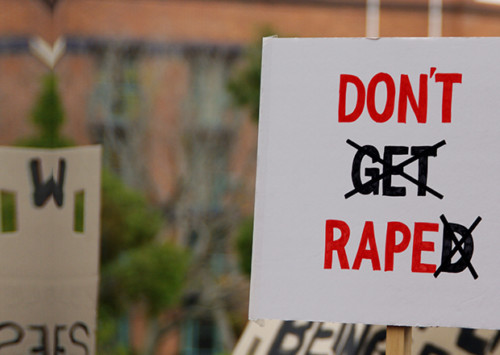Death sentence of ‘Nirbhaya’ rapists-murderers upheld
The gang-rape and murder case in 2012 that shook national consciousness and shifted global gaze on the safety of women in India saw a verdict from the Supreme Court of the country.
The 2012 ‘Nirbhaya’ gang-rape-murder case that sparked outrage in India and the world owing to its brutality is being widely discussed once again. Today, the Supreme Court of India, the country’s apex judiciary body, pronounced its judgement on the case, upholding the death sentence of the convicts who had appealed against the same. The victim who has come to be known as ‘Nirbhaya’, or the fearless one, became a symbol of the situation of women in India. Leading to much international attention through movements and documentaries, this case has also come to be a landmark for the judicial reforms it has eventually led to.
The convicts in the case were six men that gang-raped and brutally sodomised the victim on a moving bus, and she eventually succumbed to her injuries barely two weeks after the incident occurred, on December 16, 2012. One of them was let off in 2015 as he was sentenced in accordance to his age as a minor, yet this also led to reform in laws on sentencing of minors of 16 and 17 years of age, following public outcry. Another prime accused hanged himself in prison, leaving four of the convicts, whose clemency appeal was rejected today.
“Brutal, Diabolical, Barbaric Act” – Deserved nothing less than Death. Welcome the Hon’ble SC judgement in #Nirbhaya‘s case
— Nupur Sharma (@NupurSharmaBJP) May 5, 2017
Though rape is far from uncommon in India, with some forms of the sexual violence not even being legally recognised (such as in the case of marital rape), Nirbhaya’s murder through rape sent ripples across India and the world. A BBC documentary, titled ‘India’s Daughter’, also garnered much attention as well as a ban from the government, owing to the content and how it was dealt with. Filmmaker Deepa Mehta also followed with Anatomy of Violence to speak on the situation. People like Asaram Bapu, a self-styled godman, who himself has been accused of rape, has talked of the victim’s fault in the said situation, revealing that India, in its entirety, truly does not honour its daughters. His idea was that prevention would have been possible in the case of the victim having “chanted God’s name and fallen at the feet of the attackers”.
The government of India, bowing to public pressure and outrage after gory details of the gang-rape were widely discussed alongside an introspection on the state of women in India, launched several initiatives with the ‘Nirbhaya’ title. This includes a hotline and specially dedicated fund to address women’s safety. The fund in question was reportedly largely unused. Widespread protests, debates, vigils and countless calls for introspection marked India for weeks following news of the brutal gang-rape leading to murder. Today, with the Supreme Court’s verdict, many are upholding the death sentence awarded to the criminals.
I am generally a non-violent person, but I am happy that the Supreme Court has ordered the convicts of #Nirbhaya case to hang.
— SAGAR (@sagarcasm) May 5, 2017
Justice served?
Even as India’s policy of death sentencing has come under the scanner internationally as it is one of the few democracies in the world to follow the same. A sizeable number of citizens urged it to be upheld in this situation. Classified as among the ‘rarest of rare’ cases, Nirbhaya’s case has now come to represent much more. “The nature and manner of the crime devastated social trust, falls in the ‘rarest of rare’ category warranting death penalty,” the Supreme Court stated, adding, “Victim’s dying declaration is consistent; it has been proved beyond doubt and corroborated.” However, the lawyer of the convicts reportedly stated, “Justice not done, we will file review petition after reading the order.”
According to national media, one of the judges present stated that there should be systematic education of children to ensure how they will give respect to women. This is a suggestion that must be put into action. Today, citizens have welcomed a verdict that will undoubtedly set a precedent on the cases of rapes to follow, and perhaps even lead to deterrence of similar crimes. In a symbolic sense, there seems to be a sense of justice for the millions of women in India who face sexual violence on a daily basis. Yet, it can be argued that tough punishment in a single case can hardly be a true reform and justice for a million others. Safety in public places is something that cannot be realised without a drastic change in the mindset and treatment of women as human beings, something that seems like a distant dream in today’s India.
True justice for #Nirbhaya will come when we convict ALL rapists quickly & with certainty- celebrating death penalty to anyone is UnGandhian pic.twitter.com/dQVyqByJk7
— Shehzad Poonawalla (@Shehzad_Ind) May 5, 2017














